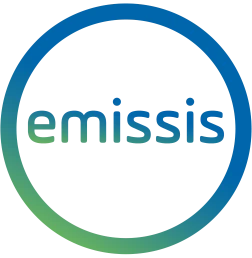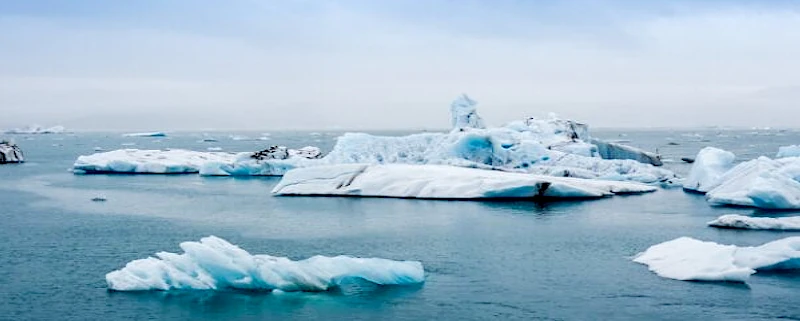Cooling the Climate
Navigating the Relationship Between Global Heating, Air Conditioning, and Innovative Solutions
Recently, our world has witnessed a concerning rise in temperatures, sparking worries about the intersection of global warming and the increasing demand for air conditioning.
In this article, Cooling the Climate, we examine the effect of air conditioning on climate change and explore how measuring energy usage and adopting technical innovations can help keep us cool without damaging the planet.
“The warmer it gets, the more we use air conditioning. The more we use air conditioning, the warmer it gets. Is there any way out of this trap?” The Guardian

Cooling the Climate: The effects of Air Conditioning on climate change
Air conditioning units have mostly stayed the same since their invention in 1931. Their power consumption exceeds that of most appliances, significantly damaging our power grid, particularly in the summer months.
As world temperatures rise, there is an increasing demand for air conditioning, but cooling significantly contributes to global warming. Much of the existing cooling equipment uses hydrofluorocarbon refrigerants, which are potent greenhouse gases and use a lot of energy, making them a double burden on climate change.
So, while air conditioning helps to make the inside cooler, it also makes the outside warmer through increased emissions, heating the planet.
“Growing demand for air conditioners is one of the most critical blind spots in today’s energy debate.” IEA.
Demand for air conditioning units surge
The International Energy Agency (IEA) predicts a substantial increase in the number of global air conditioning units, potentially reaching 5.6 billion (two-thirds of the world’s households having air conditioning) by 2050. This surge in cooling demand comes with environmental consequences, with predictions suggesting that space cooling could contribute up to 13% of global greenhouse gas emissions by 2050, producing 2 billion tonnes of CO2 a year.
Despite these challenges, the IEA offers hope, outlining strategies to enhance cooling efficiency, adopt eco-friendly refrigerants, and integrate renewable energy sources.
As temperatures soar and the anticipation of a surge in global air conditioning units looms, the IEA encourages us to investigate new innovative technology to help us strike a delicate balance between comfort and environmental responsibility.
Measures to reduce your energy usage
An energy audit will help you understand your current energy usage. It will also identify any energy-saving opportunities such as optimising your buildings, checking your air conditioning controls for efficiency, and reducing energy wastage.
Adopting new technologies like our innovative solution, enPact, can also help. It has been specially designed to mitigate the environmental impact of air conditioning without compromising performance and can reduce your energy consumption by up to 40%.
Beyond energy savings, enPact promises a swift return on investment, improved temperature stability, and enhanced air quality and stands as a testament to the possibility of seamlessly combining sustainability and comfort.
Get in touch for more information on enPact
Useful Resources: UNFCCC HFCS, REFRIGERATION AND AIR-CONDITIONING: MINIMISING CLIMATE IMPACT, MAXIMISING SAFETY




